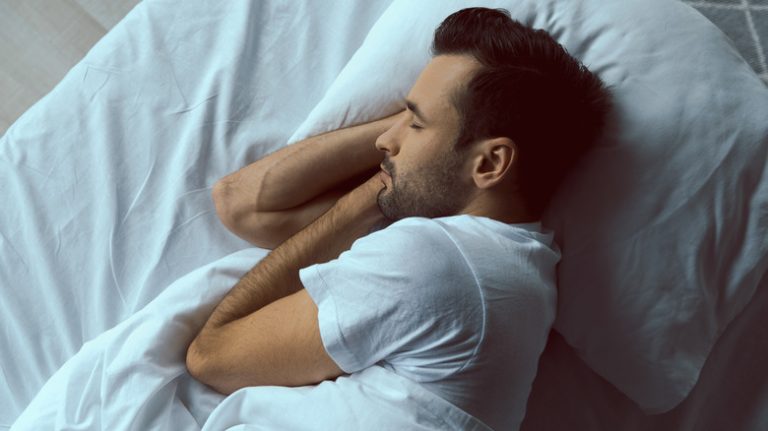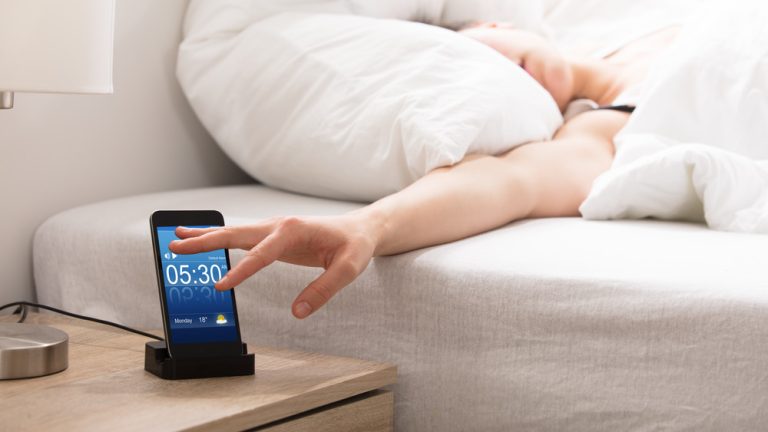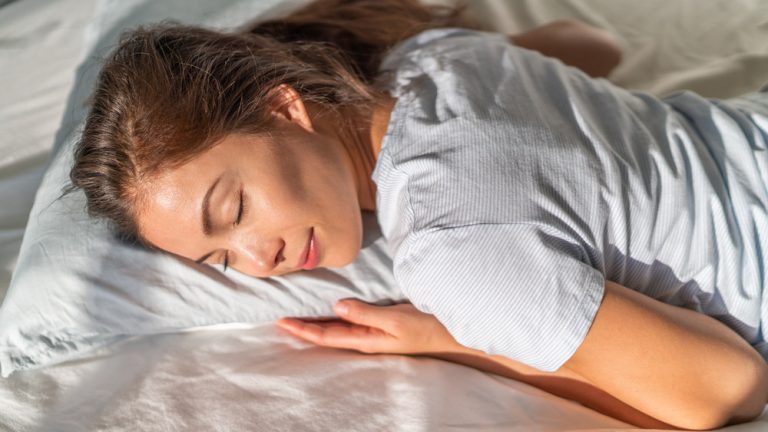Insomnia, or the inability to fall asleep, can wreak havoc on your life, making you tired and stressed during the day. It can also impact your job performance, increase the risk of an accident while driving, and potentially lead to health problems. These include anxiety, depression, and high blood pressure (via the Mayo Clinic).
A 2024 study in the Journal of Family Medicine and Primary Care showed that insomnia impacted anywhere between 10% and 30% of the worldwide population, with the number going as high as 50% to 60% in some cases. To keep you from becoming a part of that statistic, your doctor may prescribe sleeping pills. These can help break the cycle of sleeplessness and get you back into a healthy pattern of nighttime rest.
Sleeping pills can be beneficial in helping you get your insomnia under control and get back to a good night’s rest. However, extreme care has to be taken when it comes to sleeping pills. They’re designated for short-term use only — although people think that they can’t get addicted, that’s actually not true. People can up their sleeping pill intake incrementally — often without consulting their doctor — building tolerance and creating a very real risk of becoming addicted (via Rehab Spot).
Sleeping pills can have their benefits
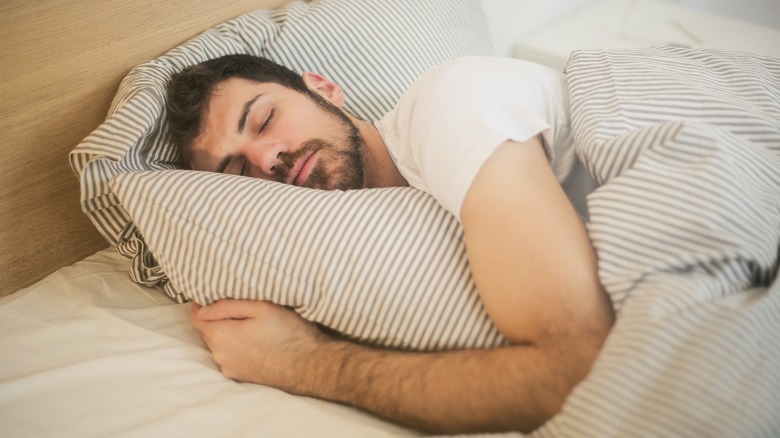
If your doctor feels that your insomnia is severe enough to warrant intervention, sleeping pills may be the best solution. Sleeping pills are referred to as “sedative-hypnotics,” and they affect your central nervous system, particularly the brain and spinal cord, producing a sense of relaxation (via Health in Aging). Medications under this category include benzodiazepines, such as Ativan and Valium, which can be helpful in getting you to sleep. However, they have the potential to become addictive (via WebMD).
There are other sleep aids, commonly known as “Z-drugs,” include Ambien (zolpidem), Sonata (zaleplon), and Ambien (eszopiclone) (via the Food and Drug Administration). These drugs were introduced as a viable alternative to benzodiazepines, as they were less habit-forming. However, Z-drugs can be just as addictive as benzodiazepines and barbiturates (via Garden State Treatment Center).
Dependency on sleeping pills is an easy trap to fall into because they are fairly accessible. In 2024 alone, more than 14 million prescriptions were written for Ambien, for example (via ClinCalc). In addition, people harbor the belief that they can’t become addicted to sleeping pills, and begin taking them regularly enough that they begin to form a tolerance. Once that happens, they often larger doses in order to achieve the effects that they need. Before long, a person who has become over-reliant on sleeping aids may find it difficult — if not almost impossible — to get to sleep without them (via Addiction Center).
How to break the sleeping pill habit
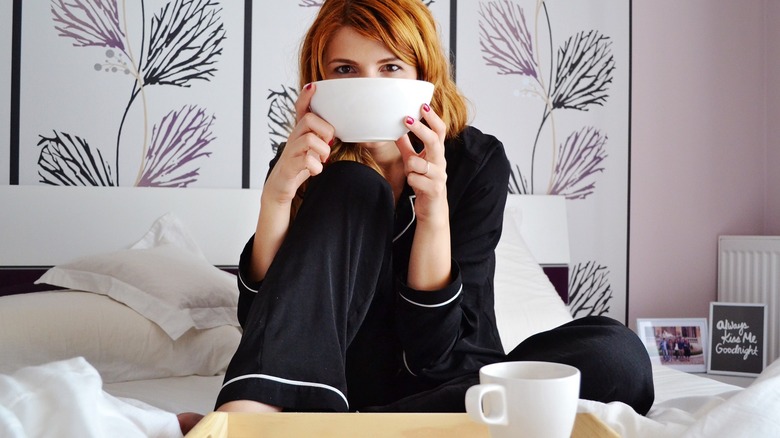
At first, you may not even realize that you have become dependent on sleeping pills. If you find yourself going to more than one doctor to get a prescription refilled, experience cravings for sleep medication, or are taking more than the recommended dose without consulting your doctor, these are all signs that you may have developed a sleeping pill dependency (via Asheville Recovery Center).
The easiest way to avoid a sleeping pill addiction is to stop taking them once the prescribed period has ended. However, if you have developed an addiction, it’s not that simple. Depending on how long you have been using them and how addicted you have become, you may experience withdrawal symptoms once you quit taking them. Initially, you may experience physical symptoms of withdrawal, such as convulsions, tremors, nausea, and vomiting. Over time, those symptoms will dissipate, but you may have emotional side effects, ranging from anxiety and panic attacks to a return of your insomnia (via Windward Way).
In order to avoid becoming dependent on sleeping pills, it’s important to develop healthy sleep habits and good sleep hygiene. According to the American Academy of Sleep Medicine, this includes making sure you keep a consistent sleep schedule — don’t go to bed unless you’re tired, and turn off all electronics 30 minutes before bedtime. Healthy sleep habits will ensure that you get a good night’s sleep while also avoiding needing medication to get it.

